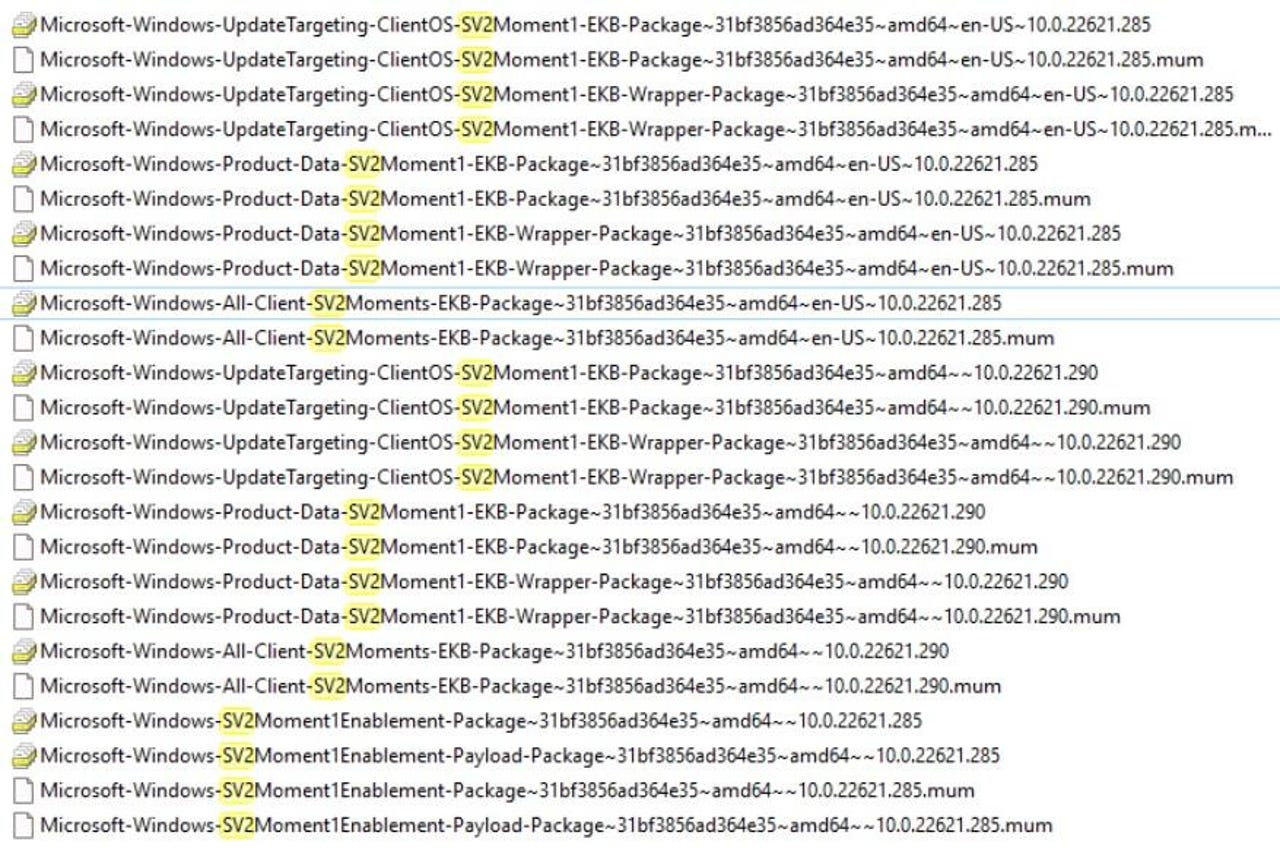Microsoft said to be ready to shake up the Windows update schedule. Again


Just when Windows users were getting used to the largely well-received idea of Microsoft delivering a once-yearly feature update, the company may be about to shift gears yet again. Microsoft may be moving to a schedule where new Windows 11 features will roll out up to four times a year, and a "major" new release will happen every three years, according to a July 14 report by Windows Central.
Before IT admins grab their pitchforks, I think this change may be more of a public-relations move than something that will have major implications for how Windows releases are supported -- which is the main issue for many IT folks when it comes to new Windows releases.
The Windows group already started muddying the updated waters this year. After announcing to the joy of many admins that Microsoft would move Windows 10 and 11 to an annual feature update cadence with longer support terms, Chief Product Officer Panos Panay and the team made it clear that they would and could roll out new features whenever and however they wanted. In February this year, Microsoft rolled out a handful of new Windows 11 features simultaneously and outside of the promised second-half feature update.
Windows Central says that Microsoft's new plan is to roll out new features outside of major OS releases starting in 2023 as part of a new "Moments" engineering effort. (Even the name "Moments" has a very PR-ish ring to it.) These drops could happen as many as four times a year, WinCentral says. One of my contacts -- @techosarusrex on Twitter -- showed me last week his servicing search results, which revealed a possible "Moment" feature drop. He speculated this drop could be related to the 22622 Windows 11 test build that Microsoft made available to the beta channel last week. (See the screenshot from him embedded above in this post.)
Like Windows Central, I had heard from one of my sources that the next "major" release of Windows client would be known as "Next Valley," or NV. (Windows 11 was codenamed "Sun Valley," or SV.) Windows Central says this client release is happening in 2024 now, not next year. I have not heard a target date for it myself.
This report has me wondering about several things, none of which I'm sure Microsoft will explain right now:
- Will these servicing changes also apply to Windows 10? If not, I think Microsoft is taking a big risk, as businesses which typically don't want multiple new features delivered willy-nilly may dig in their heels and hold off moving to Windows 11 as long as possible (if ever).
- How will these changes, if and when they happen, affect the period of time for which Microsoft will offer support for various Windows releases? I'm assuming the Moment feature drops will not trigger a new support countdown clock, as this didn't happen with the February feature drop this year. Will Microsoft actually be extending the Windows support windows, so they last up to three years, timed with new "major" releases"? Many IT folks would welcome that if it were the case.
- Will Microsoft still offer its yearly Windows feature updates for Windows 10 and 11? This year, Windows 11 22H2 is still on the calendar for some time this fall, and we believe Windows 10 22H2 will show up around the same time, even though officials have said next-to-nothing about Windows 10's update schedule (beyond the fact that support for Windows 10 ends in October 2025.) From Windows Central's report, it sounds like the annual feature update schedule, announced just a year ago, may already be a thing of the past.
Vendors wanting to maintain secrecy around new hardware releases is understandable. But when the majority of a company's customers are business users, similar secrecy -- especially around software and servicing -- is far less so. Businesses need predictability, and over the past year, predictability has been sorely lacking in the Windows space. Many in the Windows team seem to want Windows on PCs to move to the kind of feature update schedule that is accepted on phones and tablets. But this ignores the fact that businesses -- the biggest Windows PC constituency -- are not keen on this.
I will update this post if and when I hear back from Microsoft on the reported Windows servicing changes. I'm not holding my breath for anything beyond "we have nothing to share," but stay tuned.
Update: "Microsoft has nothing to share regarding this speculation. Check out the February Windows Experience blog from Panos for info on Windows' update cadence," a spokesperson said.